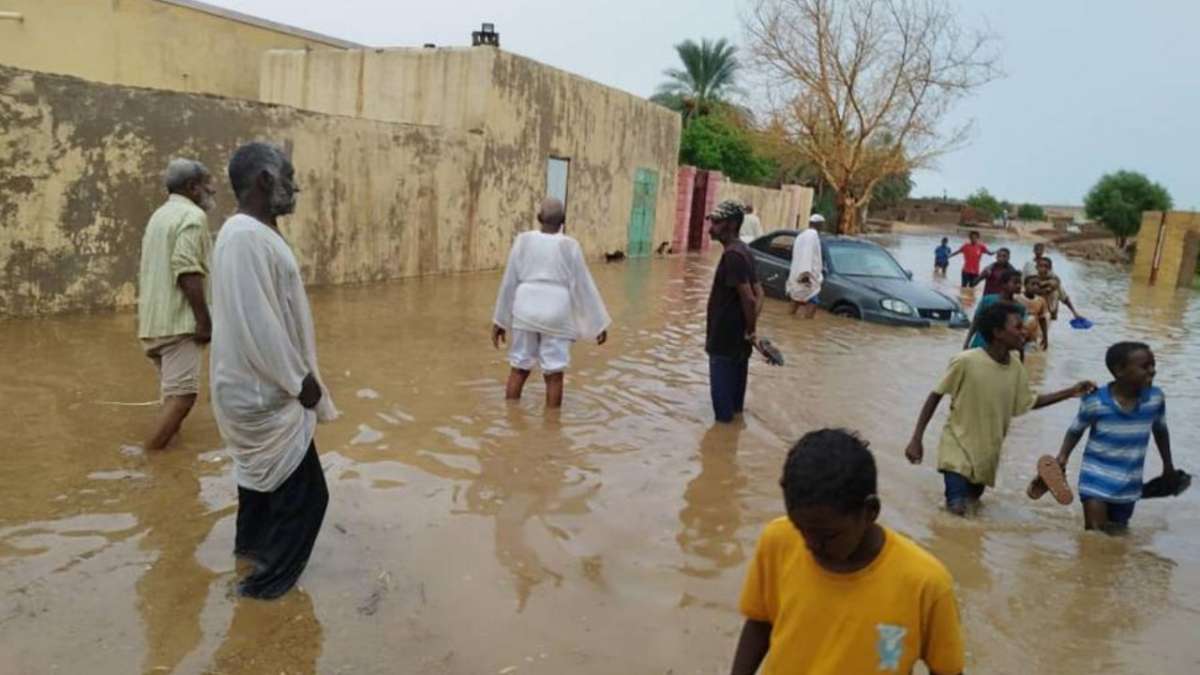The UN agency said that 40 per cent of the affected population is from Northern Bahr el Ghazal and Unity states…reports Asian Lite News
Devastating flooding caused by heavy rains pounding several parts of South Sudan has affected more than one million people.
The UN Office for the Coordination of Humanitarian Affairs (OCHA), in an update released in Juba, the capital of South Sudan, on Friday evening that the floods have so far displaced about 271,000 people in 42 of the country’s 78 counties.
The UN agency said that 40 per cent of the affected population is from Northern Bahr el Ghazal and Unity states. It has predicted that the unprecedented floods could affect up to 3.3 million people between September and December.
It said that heavy rainfall and flooding have rendered 15 key supply routes impassable, restricting physical access, Xinhua news agency reported.
South Sudan is facing unprecedented flooding, with forecasts predicting above-average rainfall, river flows from Uganda, and potentially record-breaking floods, according to the OCHA.
The country is one of the 18 hunger hotspots globally where food security is deteriorating, according to UN reports.
Considering the uncertainties brought on by the climate crisis—which causes crop destruction, disruptions to education, rising diseases, and economic downturns—as a result, communities and victims are toned to prepare to counter these issues and be ready for future challenges. Aid groups and authorities have sounded alarms about incoming floods due to Lake Victoria’s water levels rising to 13.6 meters—the highest in the Nile Basin in over a century. This escalation, compounded by discharges from the Nalubaale Power Station in Uganda, poses imminent flooding risks to South Sudan, particularly in Jonglei State.
When floodwaters rise, students, teachers, and communities strive to maintain educational continuity amidst natural disasters. Flooded schools render classrooms unusable, wash away educational materials, and undermine the very foundation of learning. This crisis disproportionately affects girls, jeopardizing their education and making them vulnerable to early forced marriages.
Beyond education, children’s health suffers significantly during floods. Access to healthcare becomes severely limited, compounding the risks of diseases such as cholera, malaria, acute respiratory infections, and dysentery. The psychological toll on children is equally severe; they undergo depression when they see the destruction of their homes and livelihoods.
ALSO READ: Kenya taps into diaspora community to grow visitor arrivals

